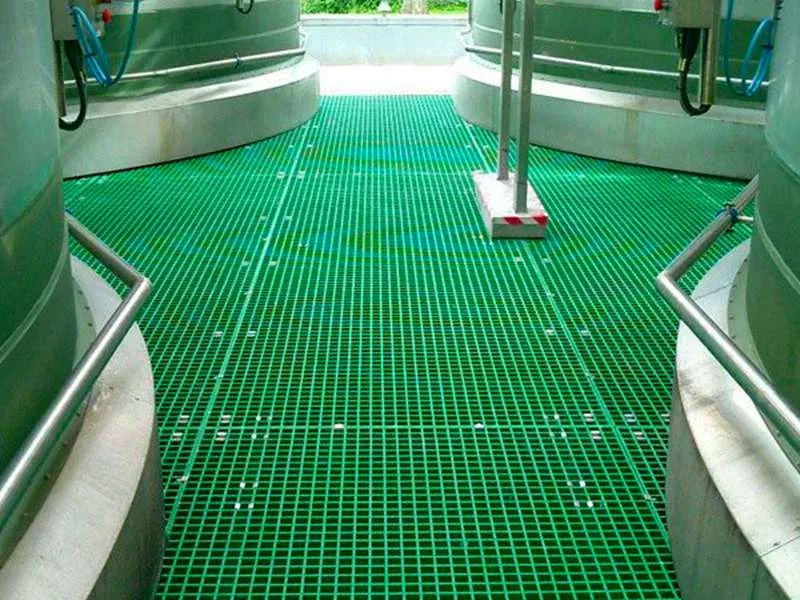
-
 Afrikaans
Afrikaans -
 Albanian
Albanian -
 Amharic
Amharic -
 Arabic
Arabic -
 Armenian
Armenian -
 Azerbaijani
Azerbaijani -
 Basque
Basque -
 Belarusian
Belarusian -
 Bengali
Bengali -
 Bosnian
Bosnian -
 Bulgarian
Bulgarian -
 Catalan
Catalan -
 Cebuano
Cebuano -
 China
China -
 China (Taiwan)
China (Taiwan) -
 Corsican
Corsican -
 Croatian
Croatian -
 Czech
Czech -
 Danish
Danish -
 Dutch
Dutch -
 English
English -
 Esperanto
Esperanto -
 Estonian
Estonian -
 Finnish
Finnish -
 French
French -
 Frisian
Frisian -
 Galician
Galician -
 Georgian
Georgian -
 German
German -
 Greek
Greek -
 Gujarati
Gujarati -
 Haitian Creole
Haitian Creole -
 hausa
hausa -
 hawaiian
hawaiian -
 Hebrew
Hebrew -
 Hindi
Hindi -
 Miao
Miao -
 Hungarian
Hungarian -
 Icelandic
Icelandic -
 igbo
igbo -
 Indonesian
Indonesian -
 irish
irish -
 Italian
Italian -
 Japanese
Japanese -
 Javanese
Javanese -
 Kannada
Kannada -
 kazakh
kazakh -
 Khmer
Khmer -
 Rwandese
Rwandese -
 Korean
Korean -
 Kurdish
Kurdish -
 Kyrgyz
Kyrgyz -
 Lao
Lao -
 Latin
Latin -
 Latvian
Latvian -
 Lithuanian
Lithuanian -
 Luxembourgish
Luxembourgish -
 Macedonian
Macedonian -
 Malgashi
Malgashi -
 Malay
Malay -
 Malayalam
Malayalam -
 Maltese
Maltese -
 Maori
Maori -
 Marathi
Marathi -
 Mongolian
Mongolian -
 Myanmar
Myanmar -
 Nepali
Nepali -
 Norwegian
Norwegian -
 Norwegian
Norwegian -
 Occitan
Occitan -
 Pashto
Pashto -
 Persian
Persian -
 Polish
Polish -
 Portuguese
Portuguese -
 Punjabi
Punjabi -
 Romanian
Romanian -
 Russian
Russian -
 Samoan
Samoan -
 Scottish Gaelic
Scottish Gaelic -
 Serbian
Serbian -
 Sesotho
Sesotho -
 Shona
Shona -
 Sindhi
Sindhi -
 Sinhala
Sinhala -
 Slovak
Slovak -
 Slovenian
Slovenian -
 Somali
Somali -
 Spanish
Spanish -
 Sundanese
Sundanese -
 Swahili
Swahili -
 Swedish
Swedish -
 Tagalog
Tagalog -
 Tajik
Tajik -
 Tamil
Tamil -
 Tatar
Tatar -
 Telugu
Telugu -
 Thai
Thai -
 Turkish
Turkish -
 Turkmen
Turkmen -
 Ukrainian
Ukrainian -
 Urdu
Urdu -
 Uighur
Uighur -
 Uzbek
Uzbek -
 Vietnamese
Vietnamese -
 Welsh
Welsh -
 Bantu
Bantu -
 Yiddish
Yiddish -
 Yoruba
Yoruba -
 Zulu
Zulu
fiberglass reinforced pipe
Understanding Fiberglass Reinforced Pipe Advantages and Applications
Fiberglass Reinforced Pipe (FRP) is a composite material that consists of a polymer matrix reinforced with fibers, typically glass. This innovative material is gaining popularity in various industries due to its lightweight properties, corrosion resistance, and high strength-to-weight ratio. In this article, we will delve into the characteristics, advantages, applications, and future of fiberglass reinforced pipe.
Characteristics of Fiberglass Reinforced Pipe
Fiberglass reinforced pipe is composed of a thermosetting resin reinforced with glass fibers. This combination results in a material that possesses superior mechanical properties, making it suitable for heavy-duty applications. Its key characteristics include
1. Corrosion Resistance One of the most significant advantages of FRP is its ability to withstand corrosive environments. Unlike metal pipes that can rust and degrade over time, FRP does not corrode, making it ideal for transporting chemicals, wastewater, and other corrosive substances.
2. Lightweight FRP is significantly lighter than traditional piping materials such as steel and concrete. This reduced weight leads to easier handling and installation, resulting in lower transportation costs and reduced labor expenses.
3. High Strength The integration of glass fibers within the resin matrix provides FRP with a high tensile strength, making it capable of withstanding large amounts of pressure. This strength is crucial for applications in high-stress environments.
4. Thermal Insulation Fiberglass reinforced pipe provides excellent thermal insulation properties, which can be advantageous in various applications that involve temperature control.
5. Flexibility FRP can be manufactured in various forms and dimensions, allowing for customized solutions in different applications. Its flexibility also enables it to resist cracking under stress.
Advantages of Fiberglass Reinforced Pipe
The advantages of fiberglass reinforced pipe over traditional materials are vast
. These include1. Cost-Effectiveness Although the initial investment for FRP might be higher than conventional materials, the long-term savings due to reduced maintenance, longer lifespan, and lower installation costs make it a more economical choice.
fiberglass reinforced pipe

2. Environmental Sustainability FRP is more sustainable compared to metals, as it does not require mining or intensive processing. Additionally, its longevity contributes to reducing waste in landfills.
3. Reduced Downtime The quick installation process and the ability to work in challenging environments reduce downtime, thereby increasing operational efficiency.
4. Wide Range of Applications From water treatment and irrigation to oil and gas extraction, FRP is versatile enough to be used in various industries, enhancing its attractiveness to producers and end-users.
Applications of Fiberglass Reinforced Pipe
The applications of fiberglass reinforced pipe are extensive
1. Water and Wastewater Treatment FRP is widely used in municipal and industrial water treatment facilities due to its resistance to chemicals and the harsh conditions found in such environments.
2. Chemical Processing The ability of FRP to resist corrosive chemicals makes it ideal for transporting various substances in the chemical industry.
3. Oil and Gas FRP is often used in piping systems in the oil and gas sector to transport crude oil, natural gas, and refined products.
4. Mining In mining operations, FRP is used to transport slurry and other materials, where its strength and corrosion resistance are highly valued.
5. Construction and Infrastructure FRP pipes are used in various construction applications, including underdrains and stormwater management systems, due to their lightweight nature and ease of installation.
Conclusion
Fiberglass reinforced pipe represents a significant advancement in piping technology, providing a durable, lightweight, and corrosion-resistant alternative to traditional materials. As industries continue to seek solutions that enhance efficiency while minimizing environmental impact, the adoption of FRP is likely to rise. The combination of its advantageous properties makes fiberglass reinforced pipe an essential component in modern infrastructure and industrial applications. The future of FRP looks promising, poised to meet the demands of a rapidly evolving technological landscape while contributing to sustainable practices across various sectors.









